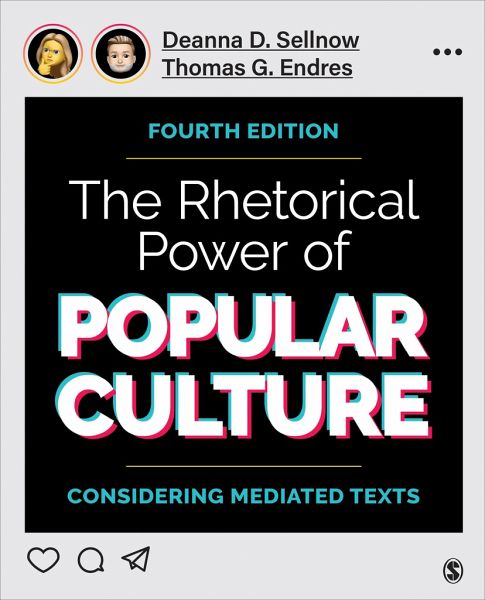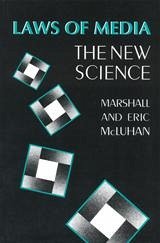Nicht lieferbar

The Rhetorical Power of Popular Culture
Considering Mediated Texts
Versandkostenfrei!
Nicht lieferbar
Can television shows like Stranger Things, popular music by performers like Taylor Swift, advertisements for products like Samuel Adams beer, and films such as The Hunger Games help us understand rhetorical theory and criticism? The Fourth Edition of The Rhetorical Power of Popular Culture offers students a step-by-step introduction to rhetorical theory and criticism by focusing on the powerful role popular culture plays in persuading us as to what to believe and how to behave. In every chapter, students are introduced to rhetorical theories, presented with current examples from popu...
Can television shows like Stranger Things, popular music by performers like Taylor Swift, advertisements for products like Samuel Adams beer, and films such as The Hunger Games help us understand rhetorical theory and criticism? The Fourth Edition of The Rhetorical Power of Popular Culture offers students a step-by-step introduction to rhetorical theory and criticism by focusing on the powerful role popular culture plays in persuading us as to what to believe and how to behave. In every chapter, students are introduced to rhetorical theories, presented with current examples from popular culture that relate to the theory, and guided through demonstrations about how to describe, interpret, and evaluate popular culture texts through rhetorical analysis. Authors Deanna Sellnow and Thomas Endres provide sample student essays in every chapter to demonstrate rhetorical criticism in practice. This edition's easy-to-understand approach and range of popular culture examples help students apply rhetorical theory and criticism to their own lives and assigned work.











